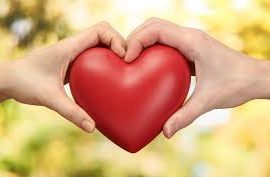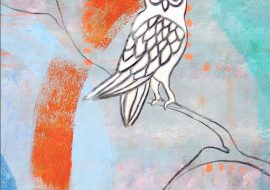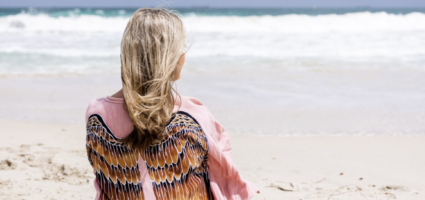Most definitions of child sexual abuse focus on the physical aspects of the abuse. When a child is sexually abused its much more than their physical body that is affected. The perpetrator uses the child’s body as a way of manipulating and attacking the child’s innocence and fragility. Children are not emotionally or physically equipped to deal with sexual experiences. It affects the victim in multiple ways.
Child sexual abuse happens when someone 16 years or older involves a child in any sort of sexualised behaviour. They may use their physical, or psychological strength to overpower and manipulate the victim. Some types of child sexual abuse are obvious. Other types can be subtler, like fondling a little boy’s genitals on purpose, while changing them. All forms of child sexual abuse hurt. Whether it happened once or a hundred times. It's all abuse, and it’s all hurtful.

One of the things that differentiates child sexual abuse from other types of child abuse, is the lengths that abusers go to in order to integrate themselves into the victim’s life. This methodical process is called grooming. Grooming the child and their protectors contributes to the abuser’s feelings of power and control. Which is why perpetrators abuse children.
Around 8 out of 10 children who are sexually abused know their abuser. They are family members, friends, neighbours, or anyone that looks after our children. Most will be trusted, or even loved by the child.
Perpetrators can spend anywhere from a few minutes to years grooming their intended victim, and the people responsible for protecting that victim. This involves a lot of manipulation and deceit. If a child says they are being abused, believe them. Don't look to the abuser to tell you if they are abusing the victim. They are a very practiced liar who will do and say anything to reassure you they are not abusing the child. It's in their best interest to do this. Because they have a lack of conscience they won’t look like they are lying. They have no feelings of guilt. If they are believed over a child their confidence will be boosted, and when things settle down their abuse will become even more prevalent.
A lot of paedophiles continue the grooming process well after the abuse has stopped. They do this for three reasons:
1) They don't want the victims and the other people that know about the abuse to speak about what’s happened because they don't want to go to jail.
2) They don't want the truth of who they are to come out because people may be more protective of their children which will make it harder to abuse children.
3) They love the thrill of manipulating others. It gives them a feeling of power and control that they enjoy.
One of the things people don't always talk about is the aftermath of child sexual abuse. All good people would agree that child sexual abuse is a horrible thing for a child to endure. But the pain doesn't necessarily stop when the abuse stops. Being abused as a child can affect our self-worth and what we expect to happen in relationships. Many people who have been through this struggle with trust, and forming stable, respectful relationships. Some use addictions to mask their pain, and block out their memories. Child sexual abuse isn't just horrific because of what the child has had to endure, but also because of how it changes them.
Child abuse happens because there are people who are willing to abuse children, and there are children who are not sufficiently protected from predators. Below is a diagram of the cycle of child sexual abuse. We can all play a part in stopping the cycle of child sexual abuse. We all have a voice, and the capacity to help protect a child if they need it. Weather they are our children or someone else’s.







